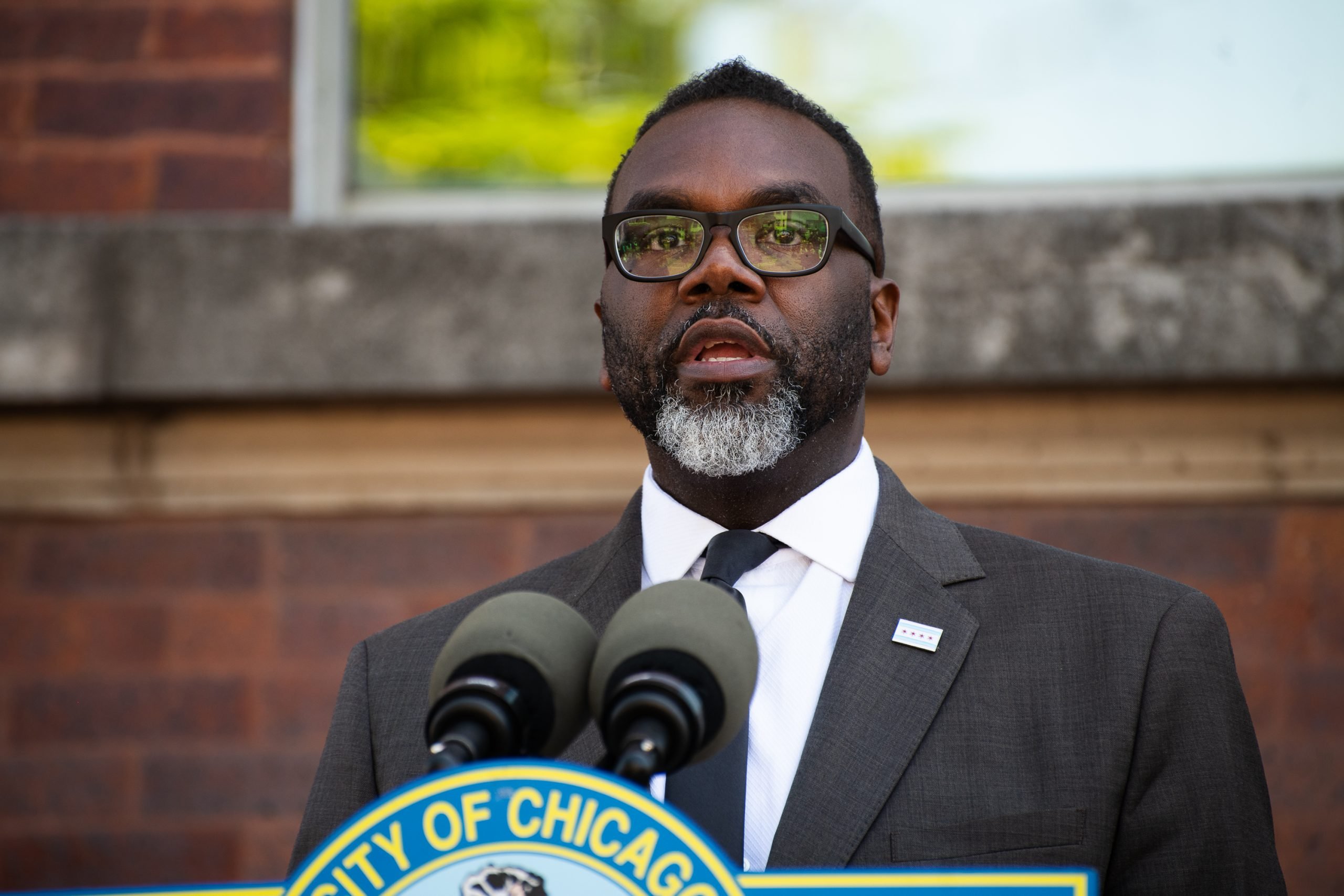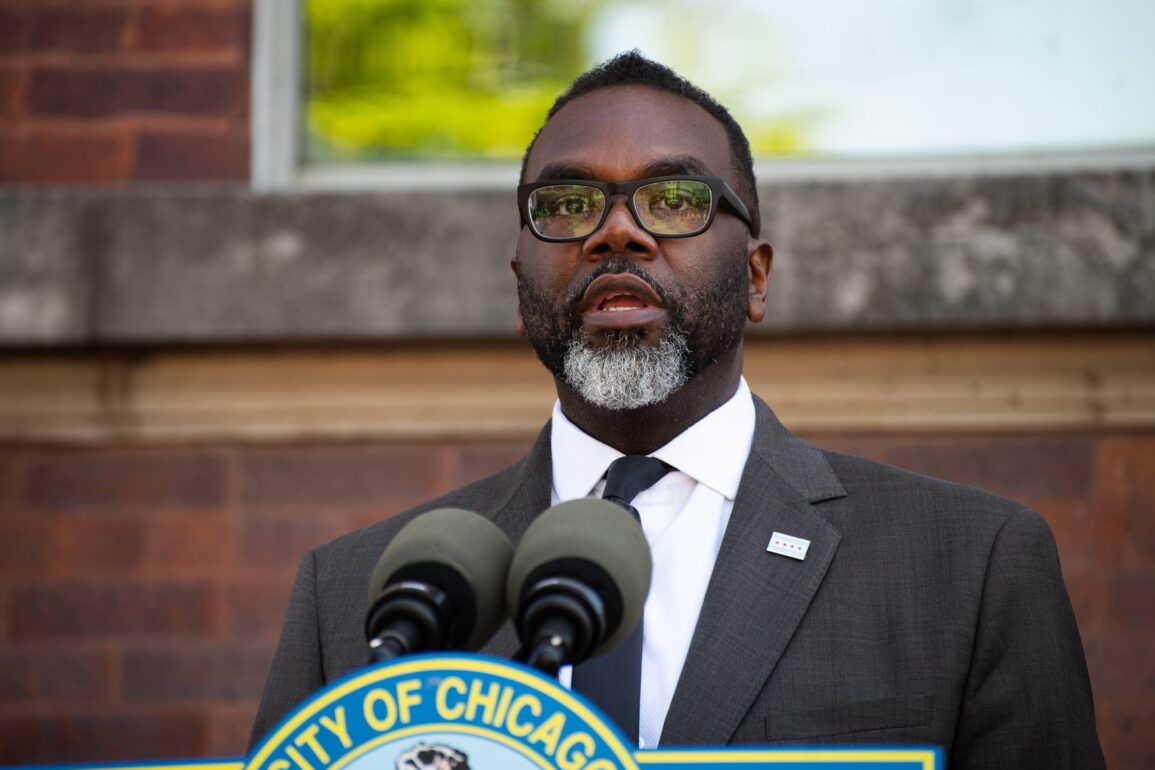
Valerie Hall, a longtime South Side resident, echoed Rashad’s sentiments about land and property ownership. Hall, a senior citizen, would like to see guaranteed income programs for Black seniors. She explained how challenging it is for her to survive on a fixed income.
“I can’t survive if I don’t get another job or another source of income because $147 in Link [benefits] is not going to help. I gotta pay my rent, telephone, gas, and electric bill. Where does that leave me?”
Through the executive order, the Johnson administration publicly acknowledges the harms and discrimination that Black residents have endured from slavery to the present day. The order also includes a public apology from the city “for the historical wrongs committed against Black Chicagoans and their ancestors who have and continue to bear injustices,” according to text from the executive order.
In Chicago, specifically, Black residents are still reeling from the ripple effects of systemic racism, particularly redlining, racially restrictive covenants, mass displacement with the demolition of Chicago Public Housing projects like Cabrini Green and the Robert Taylor Homes, mass incarceration, shuttered public schools and mental health clinics and so much more.
Johnson’s Reparations Task Force will develop a framework for reparations and identify key areas for redress, including housing, economic development, health, education, community safety, mass incarceration, and more.
Johnson’s executive order also lays out a roadmap for implementation. For example, within 90 days, the mayor’s office will work with the Chicago Aldermanic Black Caucus to co-design a framework and selection process for the Black Reparations Task Force, which will include community members. By the one-year mark, the Task Force, along with the Office of Equity, Racial Justice, and the Black Caucus, will produce a public report recommending appropriate remedies and restitution for past and present harm.
With today’s announcement, Chicago joins other states and cities that have begun to examine or implement reparation programs for Black people. A north Chicago suburb, Evanston, was the first in the nation to develop and implement a reparations program for Black residents in 2021. But the program is experiencing white backlash. Earlier this month, Judicial Watch, a conservative organization, filed a lawsuit against the city, claiming that the program violates the Constitution because it is based on the applicant’s race.
Despite the white backlash, Kamm Howard, who has been working for two decades to implement reparations at the local, state, and national levels, sees this post-2020 moment as the right time to push for reparations due to the renewed momentum.
“There are literally hundreds and hundreds of Black elected state and local officials in the Democratic Party who are pushing redress,” he said. Howard is also the founder and executive director of Reparations United. He also was a co-chairperson of the National Coalition of Blacks for Reparations in America.
“We’ve never had this type of movement at the elected level for reparations in the country. So, is that the right environment? Yes, it’s totally the right environment to keep pushing, because we have demonstrated it [reparations] as a political will for repair.”


